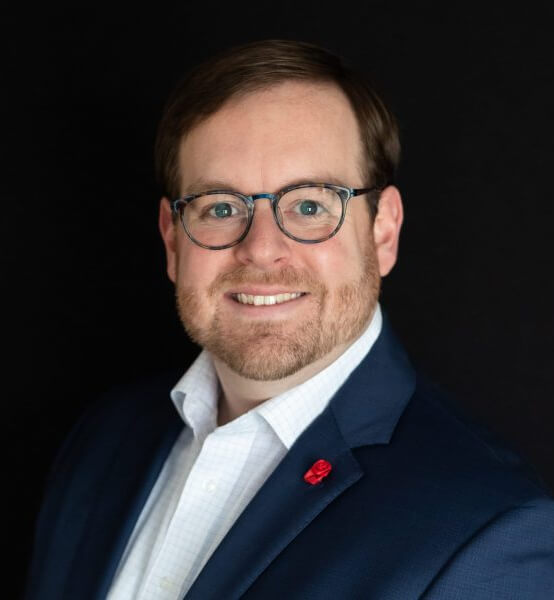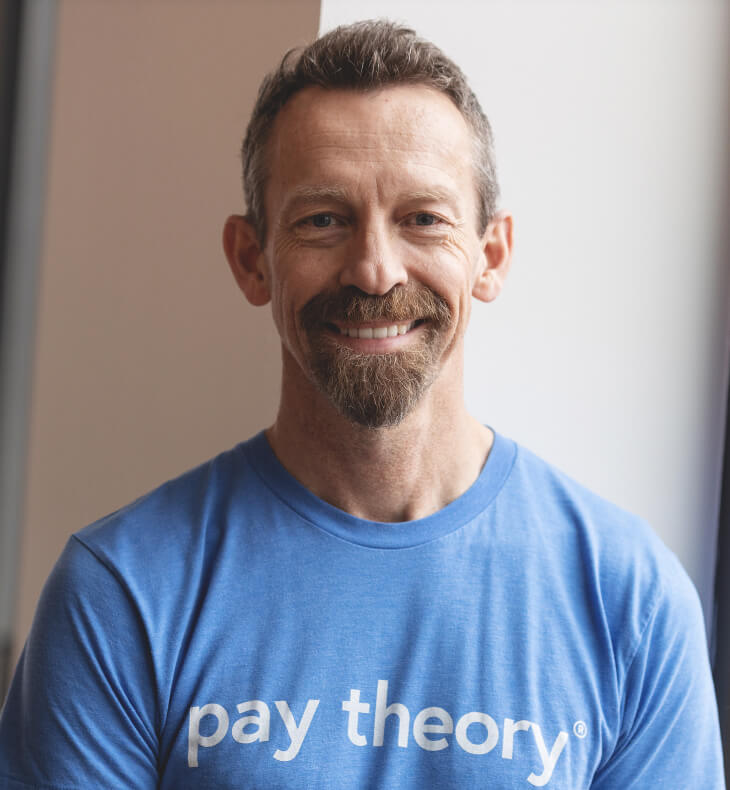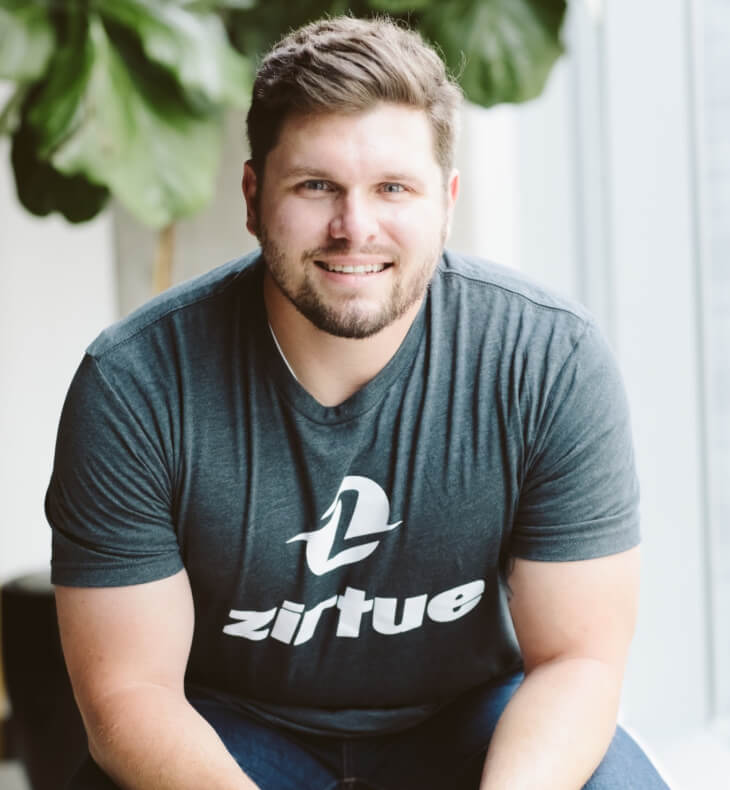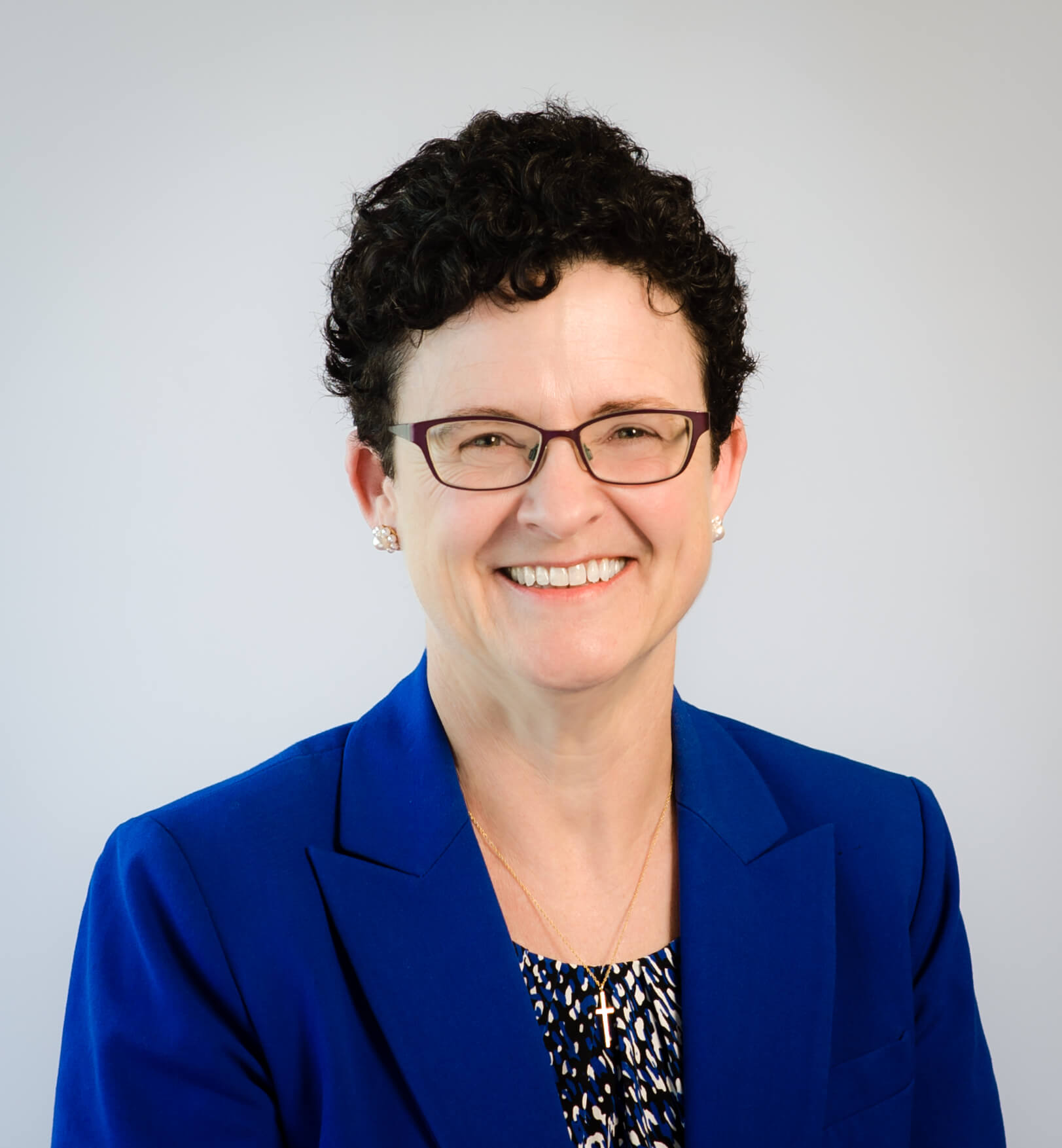No Family Left Behind
Description
The pandemic of 2020 drove the acceleration of digital adoption by both consumers and business. This ranged from massive Amazon growth, to virtual workplaces, to digital healthcare experiences. And while financial services had been moving to a digital frontier for the past decade, the pandemic provided the watershed moment that forced this transition for many.
For the tech savvy, this was a welcome change, if not business as usual. But for those with less access to technology, who may be paid in cash currency or living paycheck to paycheck, this forced transition introduced new challenges. How can our financial systems go fully digital while still accounting for the broader population?
No Family Left Behind: How the FinTech Community is Working to Address Financial Inequality
A staggering percentage of households in the United States are without access to a financial institution that provides services such as digital tools for cashless transactions and loans with reasonable interest rates.
To explore this issue, Fintech Frontier hosted the second webinar in its three-part speaker series this week centered around the nation’s move to a digital financial system and the possible consequences for the unbanked.
During the panel discussion — which was hosted as a collaboration between Cintrifuse, a public-private partnership to further Cincinnati’s tech industry, and SixThirty Ventures, a St. Louis, Missouri-based early-stage venture fund — the speakers addressed the need to provide tools bridging the gap between cash based families and an economy that transacts digitally.
Cintrifuse Chief Executive Officer Pete Blackshaw opened the discussion reflecting on the company’s efforts to promote innovation in Ohio.
“We believe fintech can, and is, being built in the middle of America,” he said. “We aim to accelerate the creation of cutting-edge financial technology tools by providing a full suite of support services to entrepreneurs.”
Facilitating the discussion was Andrew Wegrzyn, principal at SixThirty. He was joined by Chase Dillion, vice president of growth at Zirtue, a Dallas- based company that offers a peer-to-peer lending application. Also joining the panel was Martha Notaras, managing partner at Brewer Lane, a venture capital firm investing in fintech and insurtech based out of Boston, and Brad Hoeweler, chief executive officer and cofounder at Pay Theory, a Cincinnati–based payments startup.
As discussions kicked off, the panelists agreed that the evolution of technology has transformed how companies operate, and as time has gone on, the pervasive issue of inequitable access to digital technology has become a growing concern.
“In the U.S. alone, there’s about 7 million households that are unbanked, meaning no one in the household has even a checking or a savings account from a bank or credit union, and many, many more are underbanked,” Wegryzn said. “This underbanked group has limited access to mainstream financial services and if families and individuals can’t get access to those products, their benefits won’t be as beneficial.”
Notaras agreed, noting the un- and underbanked population accounts for approximately 66 million people, or 20 percent of the U.S. population.
Given the scope of the issue, she says there is a big customer need for individuals who have cash and need to spend it in a digital world.
“I think that is one of the reasons that this is a very attractive issue, even financially, and I am a believer that the best motive is the profit motive: it keeps people focused,” Notaras said. “However, I think that if you can achieve that and provide a societal good, I think that’s just hitting the jackpot.”
The massive addressable market demand by consumers for a product that can bridge this gap is one of the main reasons Brewer Lane Ventures has analyzed this issue and is seeing a lot of opportunity in that area.
“We have looked at several businesses that have focused on inclusion, and on underserved populations,” she said. “I’ve been interested in how many banks and insurance operations are focused on, for example, specific populations, like the Latinx population which traditionally has been underserved and often has some of those cash needs.”
Meanwhile, Pay Theory is working to build an inclusive structure that ensures families aren’t left behind as businesses continue to shift to contactless payment options. The company’s mission centers around helping unbanked families pay for education-related expenses. It created an electronic payment solution to aid families and schools in managing tech-based financial payments.
“What we’ve done in our payment acceptance platform is married the ability to — in addition to credit and ACH processing that is very typical in ecommerce transactions or mobile transactions — we’ve added a virtual cash component to bridge that physical digital divide by providing a way for a family consumer to go online and indicate that they’re about to pay a bill but then be provided with a barcode, which can be taken to one of 60,000 retail locations around the U.S., where they can actually transact in cash,” Hoeweler said.
This allows a school, daycare facility or health care provider to implement cashless practices while still giving families and consumers the ability to transact when and where they must, he added.
Zirtue is on a similar path as it works to drive financial inclusion through its relationship-based lending application. The platform allows individuals to lend and borrow to and from those they trust by streamlining the lender’s ability to directly pay bills on behalf of another person.
“We know how awkward it is to try to ask friends or family for money, or to even try to collect on those funds and Zirtue is making a better world by connecting people through our application,” Dillon said. “We at Zirtue have a double bottom line that we like to say, ‘Yes, we drive our returns for our investors, but we always keep that mission of driving financial inclusion, one relationship at a time, top of mind.’”


Featured Speakers
Andrew is a principal at SixThirty, a venture fund that invests in early-stage enterprise technology companies from around the world building fintech and insurtech solutions. Prior to SixThirty, Andrew was Vice President of Strategy and Partnership at Citi Ventures and consulted at Edward Jones connecting data science and advanced analytics to business growth and insights.
Brad is CEO and Co-Founder of PayTheory, a family-tech startup creating inclusive payments for a diverse world headquartered in Cincinnati, Ohio. Brad has over 20+ years of experience in creating, consulting and investing in fintech companies.
Chase Dillion currently serves as the VP of Growth for Zirtue, a relationship- based lending fintech platform with a mission to drive financial inclusion.Prior to joining the Zirtue team in 2021, Dillon had been with PayPal since 2015, first serving as a Global Brand Manager, before being promoted to Manager of Global Brand Marketing and ultimately serving as the Head of Partnerships for Venmo.
Martha Notaras is Managing Partner at Brewer Lane Ventures, investing in early stage Insurtech and Fintech companies focusing on creating new business models, empowering incumbents, and leveraging insights from data & analytics. Martha serves on the boards of Palomar Holdings, Inc. (NASDAQ: PLMR) and ATTOM Data Solutions.
Andrew is a principal at SixThirty, a venture fund that invests in early-stage enterprise technology companies from around the world building fintech and insurtech solutions. Prior to SixThirty, Andrew was Vice President of Strategy and Partnership at Citi Ventures and consulted at Edward Jones connecting data science and advanced analytics to business growth and insights.
Brad is CEO and Co-Founder of PayTheory, a family-tech startup creating inclusive payments for a diverse world headquartered in Cincinnati, Ohio. Brad has over 20+ years of experience in creating, consulting and investing in fintech companies.
Chase Dillion currently serves as the VP of Growth for Zirtue, a relationship- based lending fintech platform with a mission to drive financial inclusion.Prior to joining the Zirtue team in 2021, Dillon had been with PayPal since 2015, first serving as a Global Brand Manager, before being promoted to Manager of Global Brand Marketing and ultimately serving as the Head of Partnerships for Venmo.
Martha Notaras is Managing Partner at Brewer Lane Ventures, investing in early stage Insurtech and Fintech companies focusing on creating new business models, empowering incumbents, and leveraging insights from data & analytics. Martha serves on the boards of Palomar Holdings, Inc. (NASDAQ: PLMR) and ATTOM Data Solutions.



